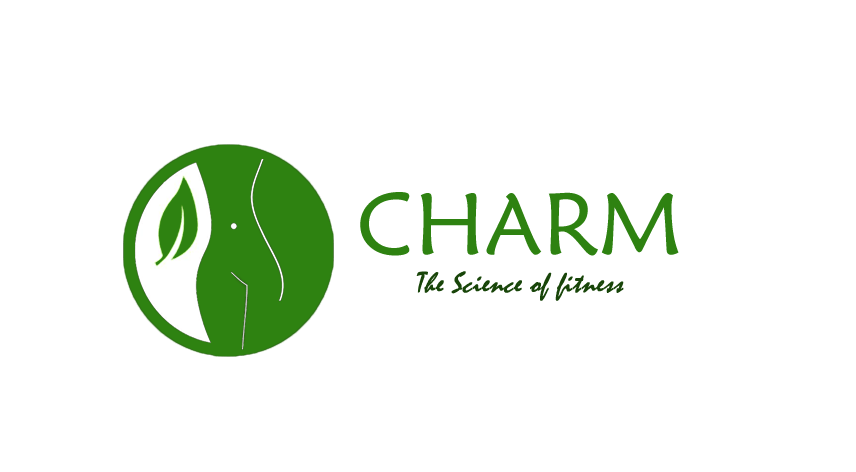Charm's Nutrition Pyramid
Charm’s food pyramid is based on the principles of high-nutrient eating as illustrated by the Health Equation:
Health= Nutrients/Calories (H=N/C)
Low-calorie, nutrient-dense foods are at the base of the pyramid, and high-calorie, nutrient-poor foods are at the top. Think of it as how much proportionally you should eat. The food at the bottom takes up the most room on the pyramid and it should be the foods you eat the most. The nutrient-poor foods are at the very top, taking up the smallest amount of space on the pyramid. These foods are the ones you should eat very little of if any at all.

Nutritional science in the last twenty years has demonstrated that colourful plant foods contain a huge assortment of protective compounds, most of which still remain unnamed. Only by eating an assortment of nutrient-rich natural foods can we access these protective compounds and prevent the common diseases that affect Indians. Our modern, low-nutrient eating style has led to an overweight population, the majority of who develop diseases of nutritional ignorance, causing our medical costs to spiral out of control.
The base of the pyramid – the foundation of the diet, foods consumed in the highest quantity- should be the foods with the highest ratios of nutrients to calories (highest ANDI score)- these are vegetables, Ninety per cent of the daily diet should be made up of nutrient-rich plant foods, whose calories are accompanied by health-promoting phytochemicals: green and other non-starchy vegetables, fresh fruits; beans and legumes; raw nuts, seeds, and avocados; starchy vegetables; and whole grains.
If desired, the remaining 10% of the diet may include minimally processed foods such as tortillas, coarsely-ground or sprouted whole grain bread or cereals, tofu, tempeh and a limited amount of animal products, preferably not more than 5 per cent of total caloric intake. By keeping low-nutrient foods to a minimum and striving to eat at least 90% of calories from the unrefined plant foods that comprise the base of the pyramid each day, you construct a health-promoting, disease-preventing diet. This high-nutrient eating style is considered a Nutritarian diet.
